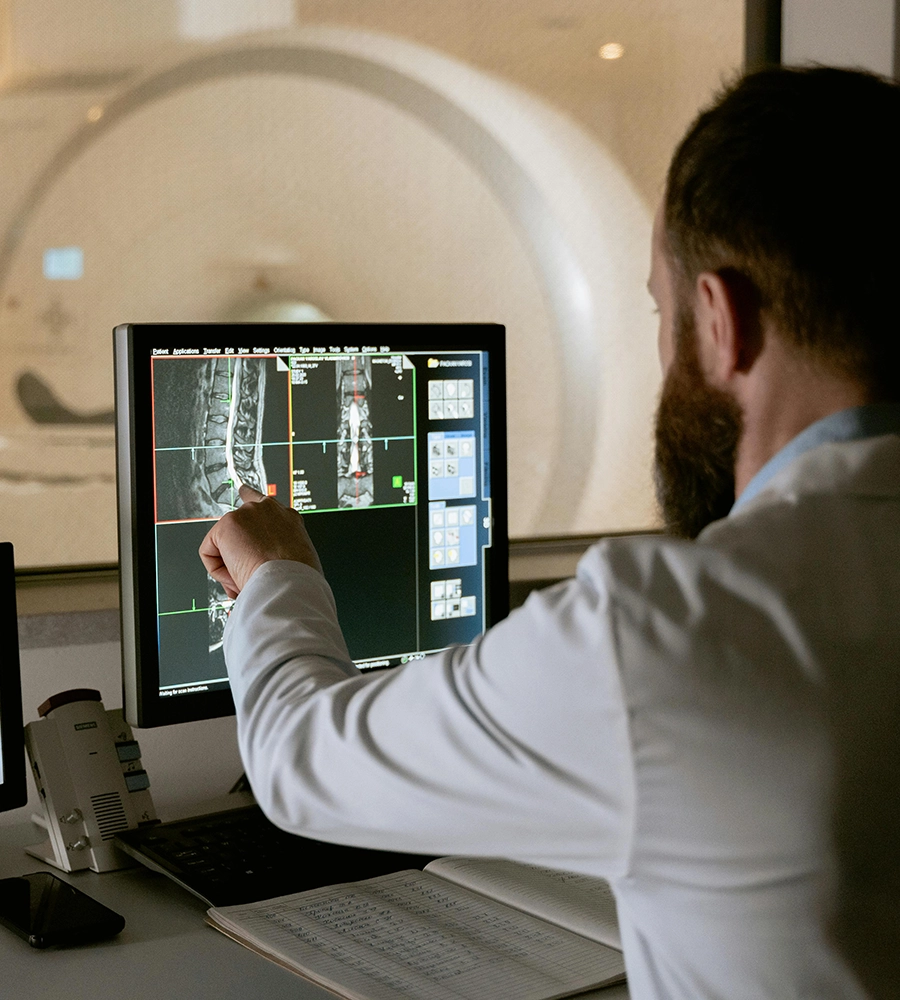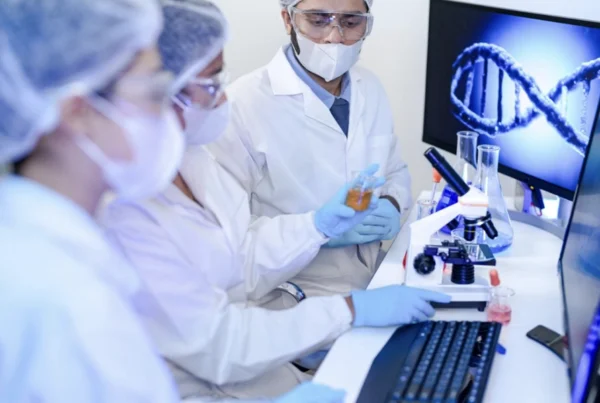The integration of informatics into healthcare has ushered in a new era of efficiency, accuracy, and innovation in the industry. As technology and data management become more advanced, the role of healthcare informatics grows increasingly vital. Informatics involves the use of data and technology to improve patient care, streamline healthcare operations, and support public health initiatives. For professionals in the field, understanding how informatics is shaping the future of healthcare is crucial. This blog explores the various ways informatics is influencing healthcare, highlighting its key impacts on patient care, operations, and the broader healthcare system.
The Role of Data in Modern Healthcare
Data has become the cornerstone of modern healthcare practices. The ability to collect, analyze, and apply data has transformed how healthcare providers make decisions, manage patient care, and track outcomes. Electronic health records (EHRs) are a prime example of how data has revolutionized the industry. EHRs allow healthcare professionals to access comprehensive patient histories quickly, leading to more informed decisions and better care coordination. Additionally, EHR pricing has become increasingly competitive and flexible, making it easier for healthcare providers to implement these essential systems without compromising their budgets.
Beyond EHRs, data analytics is being used to identify trends, predict health outcomes, and even prevent illnesses. For example, predictive analytics can help identify patients at risk of developing chronic conditions, enabling early interventions that can improve patient outcomes and reduce healthcare costs. The growing reliance on data in healthcare underscores the importance of healthcare informatics, as it provides the tools and frameworks needed to manage and utilize this information effectively.
As the demand for healthcare informatics continues to rise, professionals in this field are seeking ways to expand their knowledge and skills in this area. Pursuing a masters in healthcare informatics is an effective way for professionals to deepen their understanding of how data and technology intersect with healthcare. This advanced education equips them with the expertise needed to leverage informatics in their current roles, whether that involves managing health information systems, analyzing data, or implementing new technologies.
Improving Patient Care with Informatics
One of the most significant impacts of healthcare informatics is the improvement in patient care. By integrating EHRs, clinical decision support systems, and other informatics tools, healthcare providers can access detailed patient information quickly and efficiently. This access allows for more accurate diagnoses, personalized treatment plans, and better overall patient outcomes.
For instance, a healthcare provider using an EHR system can see a patient’s entire medical history at a glance, including past treatments, allergies, and lab results. This comprehensive view helps in making informed decisions about the patient’s current treatment. In addition, clinical decision support systems can alert providers to potential issues, such as drug interactions or missing tests, further enhancing patient safety and care quality.
Informatics also supports the move toward personalized medicine, where treatments are tailored to the individual needs of each patient. By analyzing data from various sources, healthcare providers can develop treatment plans that are more likely to be effective for specific patients, leading to better outcomes and fewer adverse effects.
Aiding Public Health Strategies
Healthcare informatics has also made a significant impact on public health strategies. By leveraging large datasets, public health officials can track the spread of diseases, identify health trends, and develop targeted interventions to address specific issues. Informatics enables more accurate and timely data collection, which is essential for effective public health planning and response.
For instance, during an outbreak, real-time data analysis can help public health officials understand how the disease is spreading, who is most at risk, and what measures are most effective in containing it. This information allows for more precise and effective public health campaigns, reaching the populations that need it most. Moreover, informatics supports ongoing monitoring and evaluation of public health initiatives, ensuring that they are having the intended impact and can be adjusted as needed.
The Growth of Telemedicine and Remote Monitoring
Telemedicine has seen rapid growth, particularly due to the advancements in healthcare informatics. By leveraging technology, healthcare providers can now offer consultations, diagnostics, and treatment options remotely, which is especially beneficial for patients in rural or underserved areas. Informatics plays a crucial role in making telemedicine possible by providing the necessary infrastructure for secure data transmission and real-time communication between patients and healthcare providers.
Remote patient monitoring is another area where informatics is making a significant impact. With the use of wearable devices and other monitoring tools, healthcare providers can continuously track a patient’s vital signs and health metrics from a distance. This capability allows for timely interventions, improved management of chronic conditions, and a reduction in the need for frequent in-person visits. By keeping healthcare providers informed of a patient’s condition in real time, remote monitoring enhances the overall quality of care.
Addressing Privacy and Security Challenges
As healthcare informatics becomes more prevalent, the protection of patient data is paramount. With the increased use of electronic health records, telemedicine, and AI, there are greater risks associated with data breaches and unauthorized access. Informatics professionals play a vital role in safeguarding sensitive information by implementing robust privacy and security measures.
These measures include data encryption, secure access controls, and regular security audits to comply with regulations such as the Health Insurance Portability and Accountability Act (HIPAA). By prioritizing data security, healthcare organizations can build trust with patients, knowing that their personal information is protected. As the healthcare industry continues to digitize, maintaining the integrity and confidentiality of patient data will remain a top priority.
Informatics in Research and Development
Healthcare informatics is also driving innovation in research and development. By managing and analyzing vast amounts of data from clinical trials, genetic studies, and patient records, researchers can uncover new insights that lead to the development of novel treatments and therapies. Informatics tools allow for the efficient collection, storage, and analysis of research data, accelerating the pace of medical breakthroughs.
For example, informatics can help researchers identify potential drug candidates by analyzing patterns in biological data or track the effectiveness of new treatments by monitoring patient outcomes. By facilitating more efficient and accurate research, healthcare informatics is contributing to the advancement of medicine and the improvement of patient care on a global scale.
All in all, informatics is revolutionizing the healthcare sector, transforming how we diagnose, treat, and prevent diseases. By leveraging data and technology, healthcare providers can make more informed decisions, improve patient outcomes, and enhance overall healthcare
efficiency. As informatics continues to advance, we can anticipate even more groundbreaking developments that will shape the future of medicine and improve the quality of life for countless individuals.
Main Image: Photo by MART PRODUCTION







